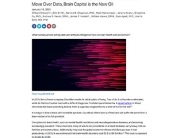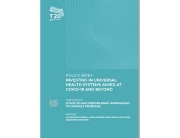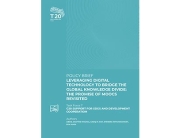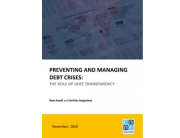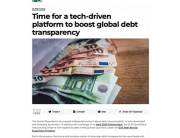Amidst calls for debt relief to mitigate the socioeconomic consequences of COVID-19 in Africa, debt transparency has become an even more pressing issue. This paper assesses the key debt transparency initiatives promoted by international organizations and the private sector, given the June 2019 G20 Communiqué on the importance of improving debt transparency for debt sustainability. The communiqué also supported the IMF–WBG approach for addressing emerging debt vulnerabilities and endorsed the Institute of International Finance’s (IIF) voluntary Principles for Debt Transparency (IIF, n.d.). We propose a tech-driven private-public debt transparency initiative to enhance debt transparency and management in low-income countries (LICs) and lower-middle-income countries (LMICs). This initiative should utilize technological innovation in financial market infrastructure through the introduction of a multilateral collaborative platform/debt registration depositary that would be powered by blockchain technology. New debt issues registered through the platform would allow the close tracking of borrowed fund usage. Information held on the platform would be made accessible to all key players and the public to improve debt transparency and accountability in LICs and LMICs. Debt transparency can, in turn, foster the prudent management of borrowed money by relevant governments, thus limiting corruption.

